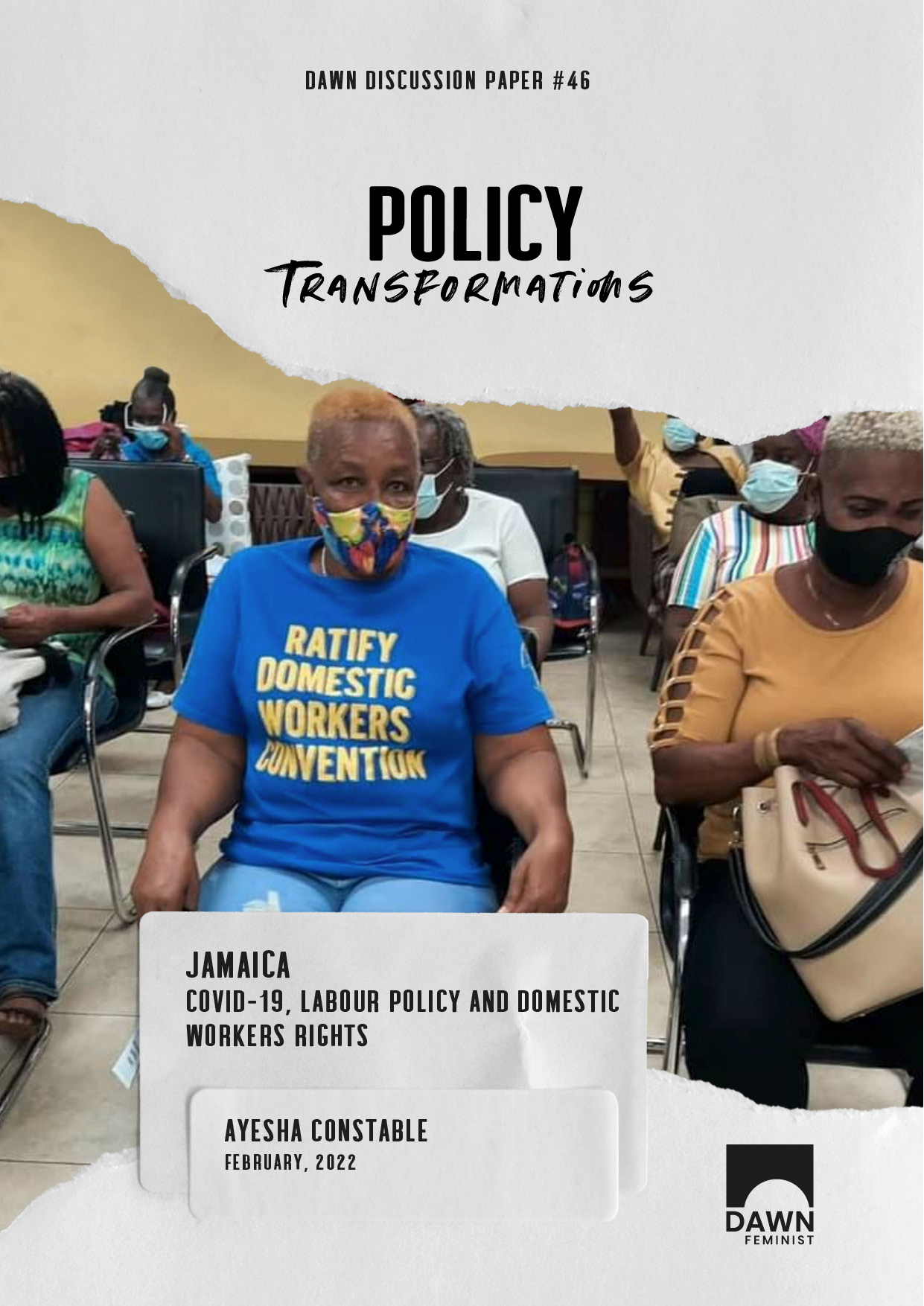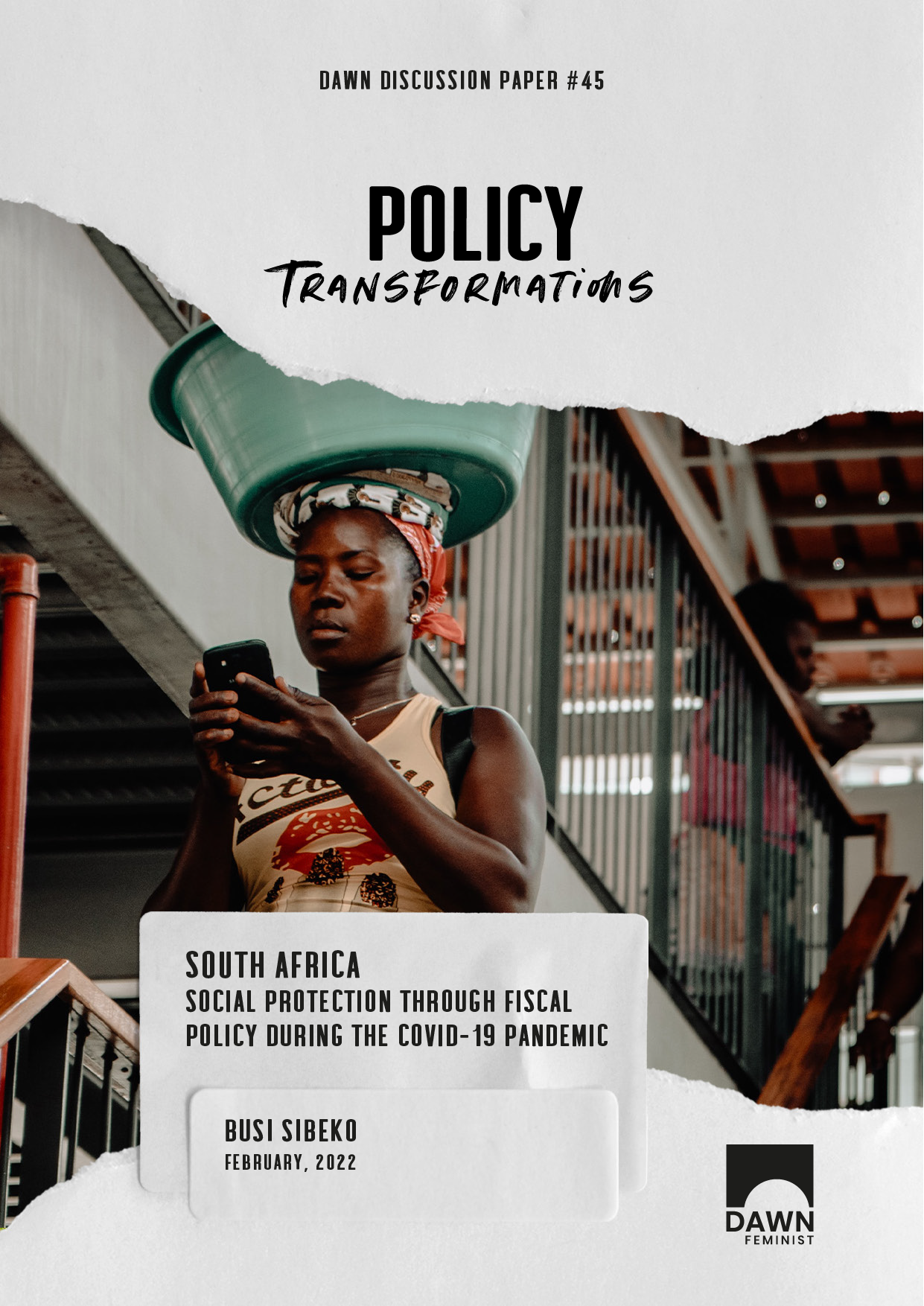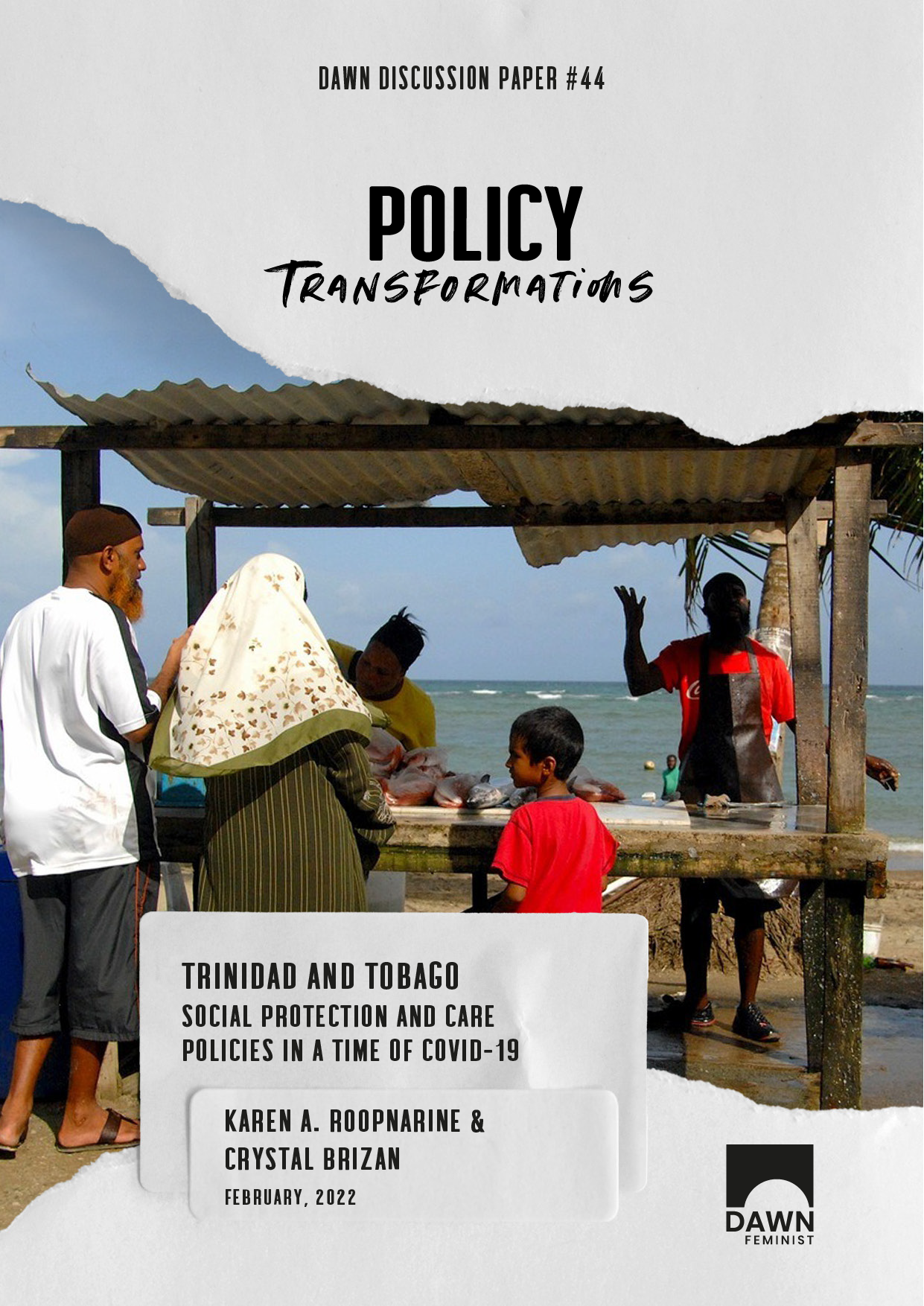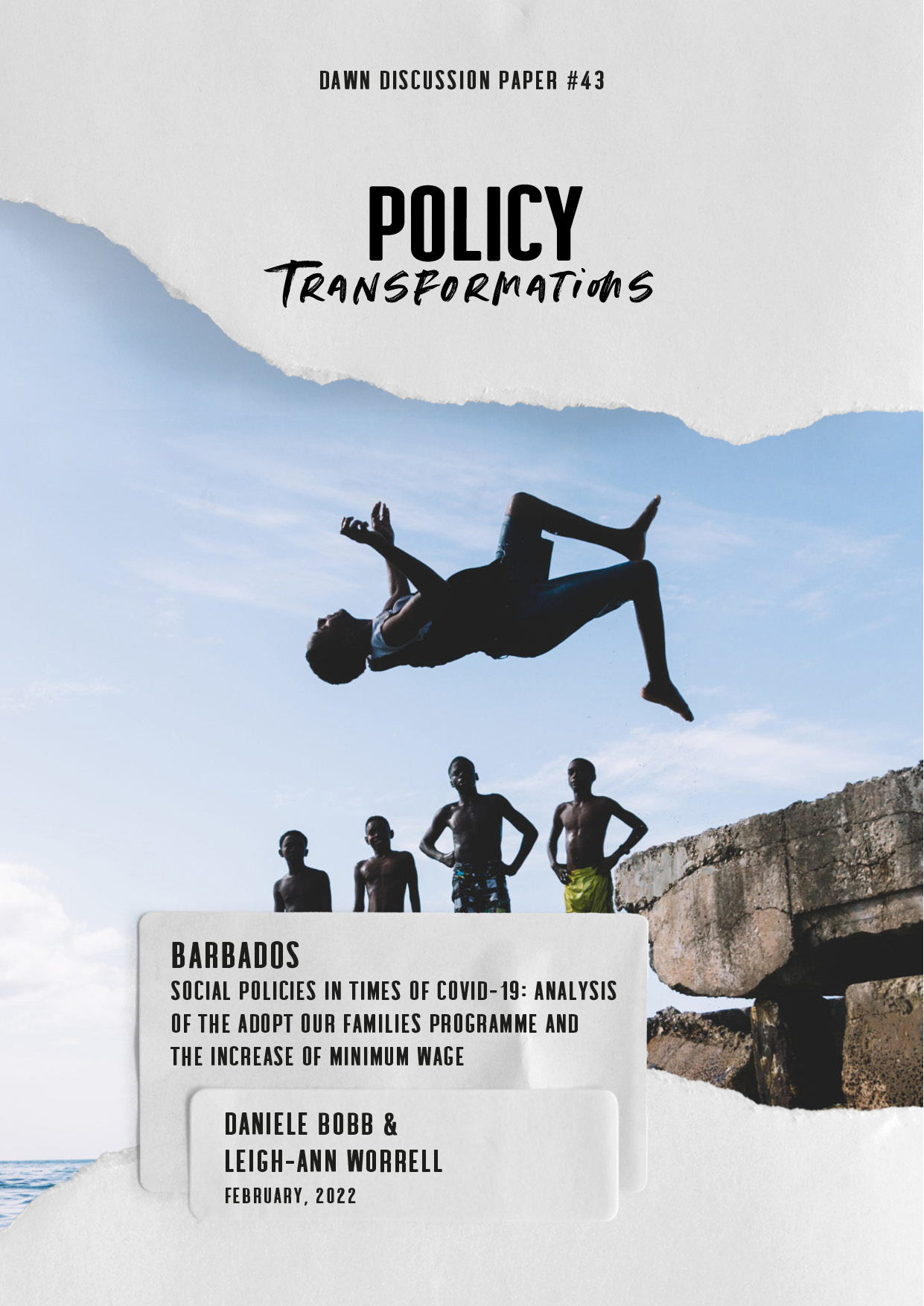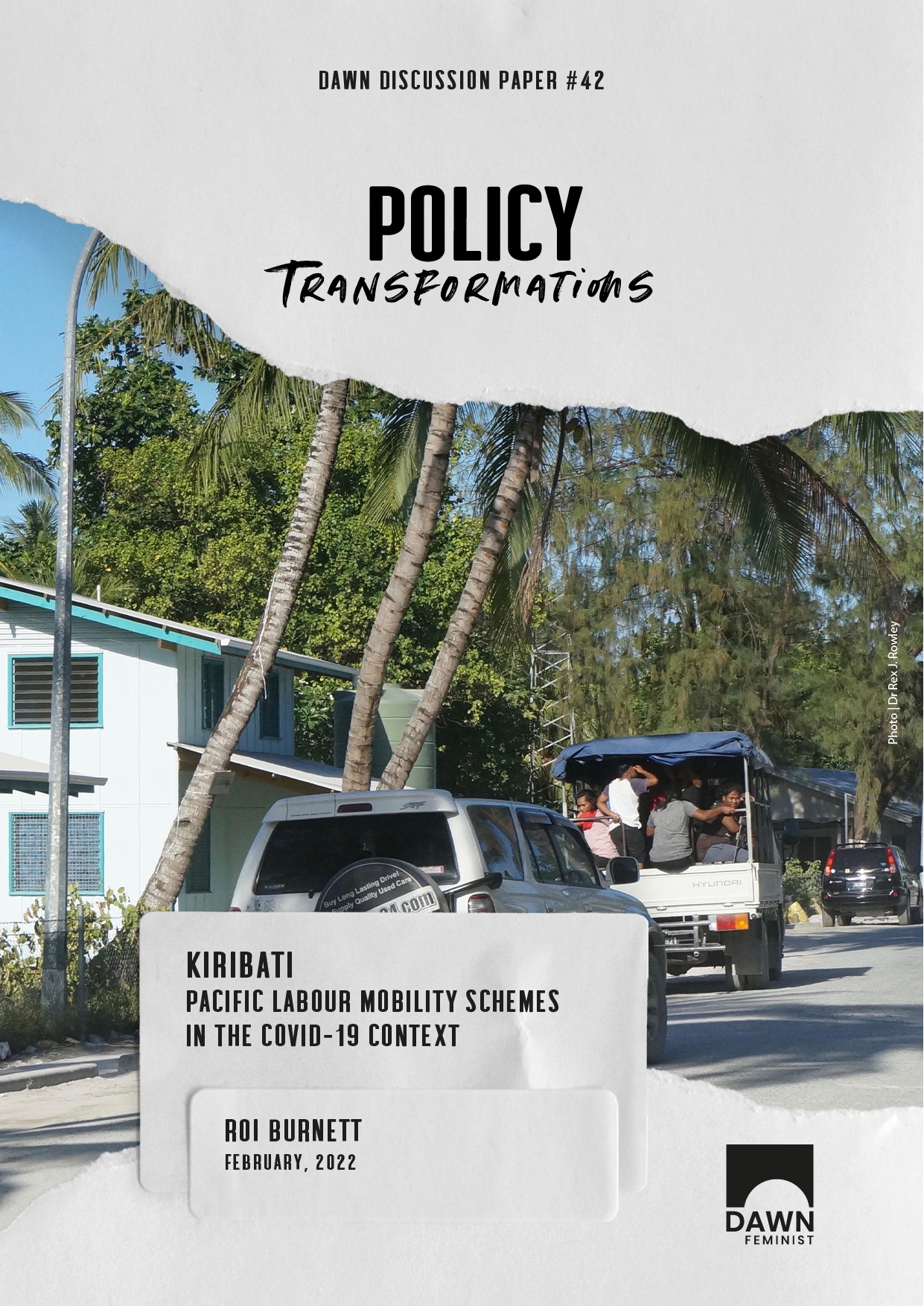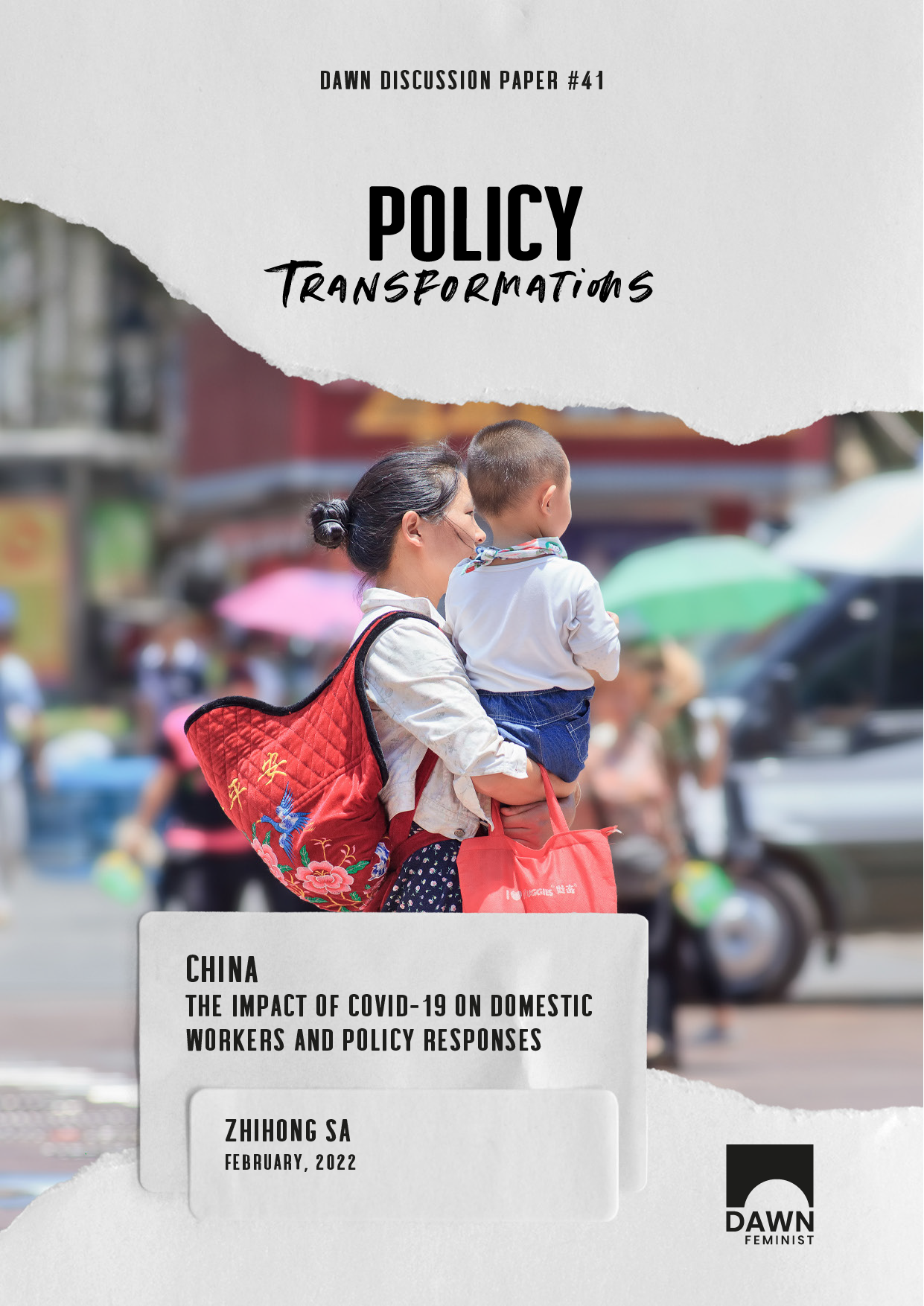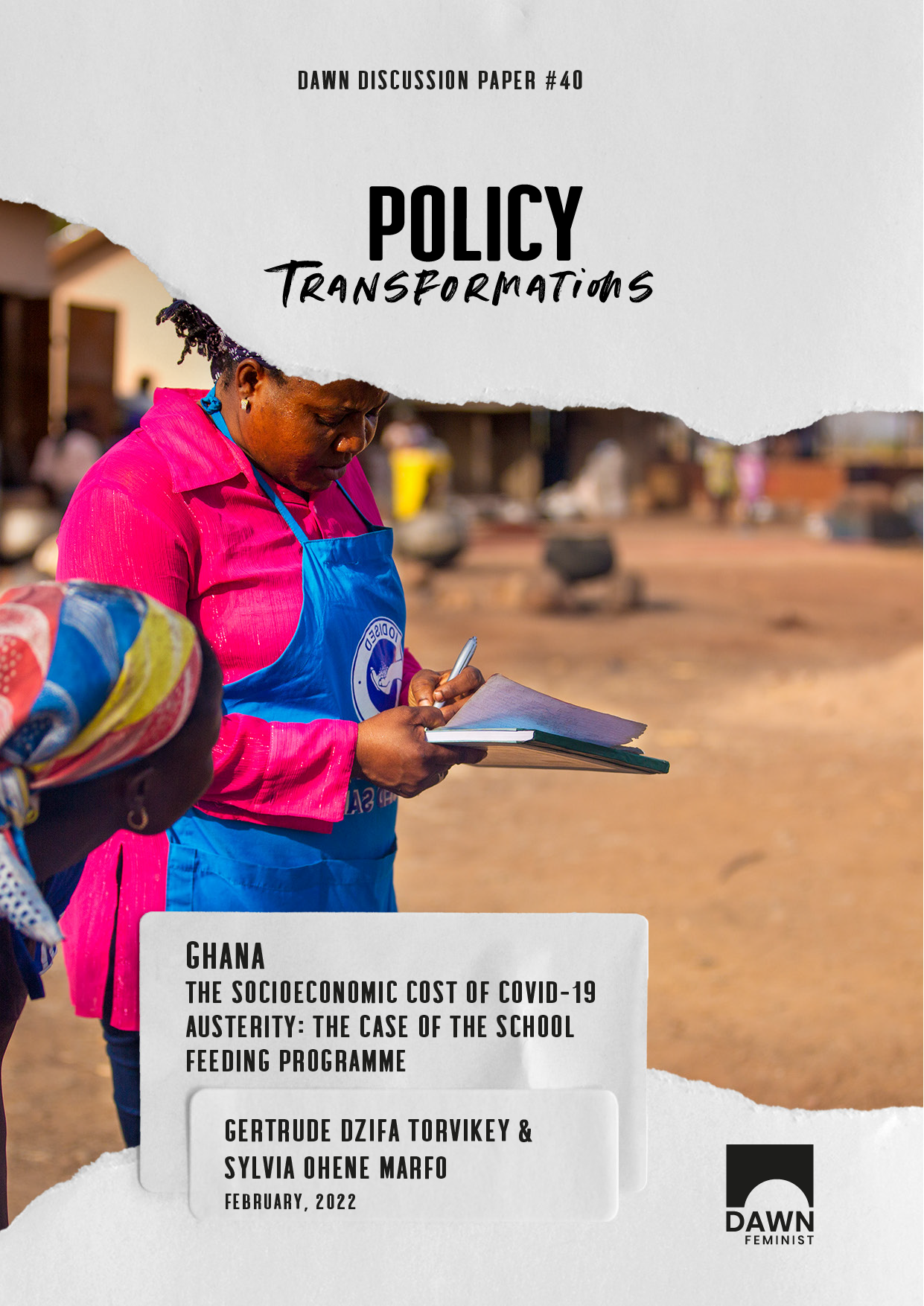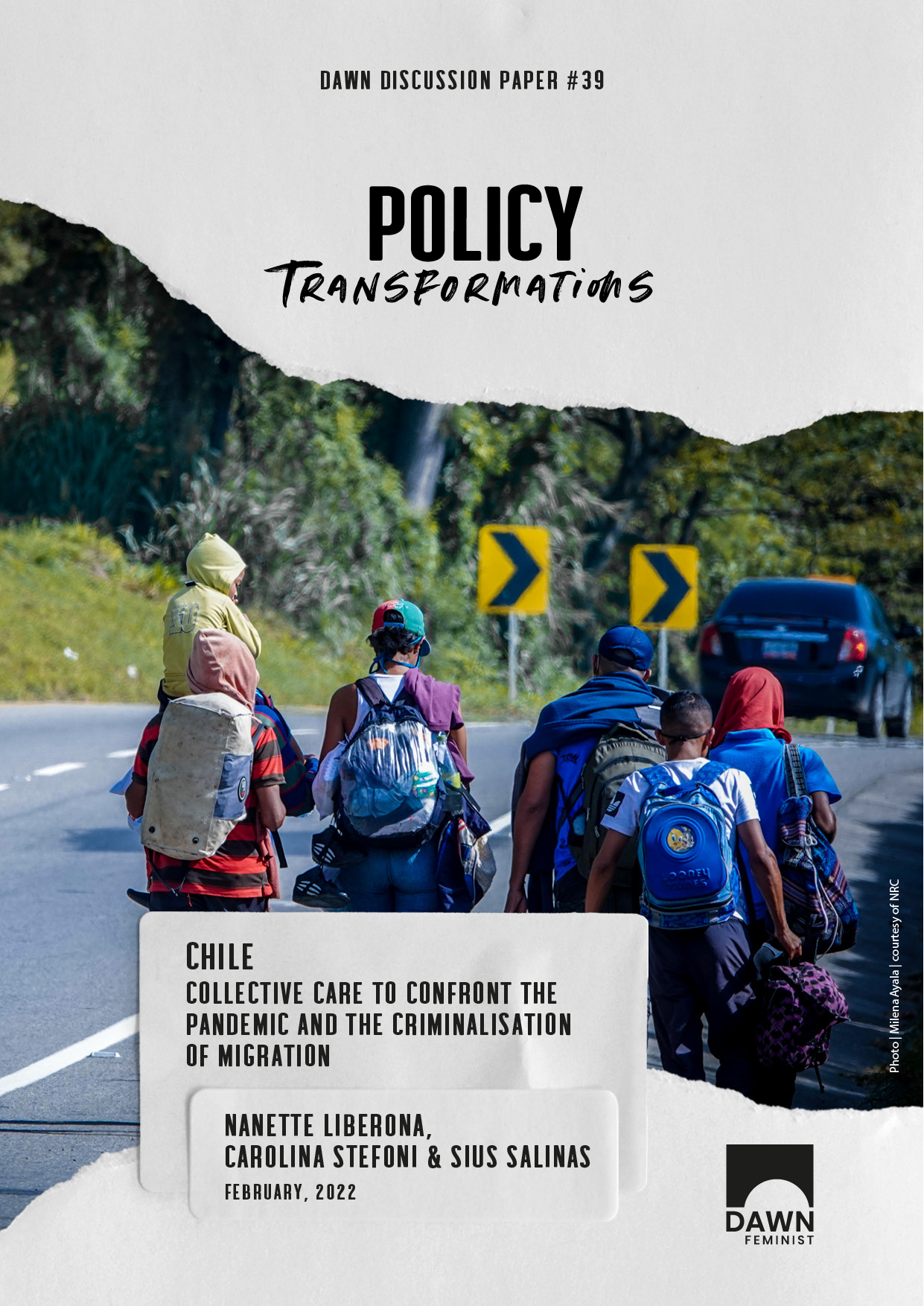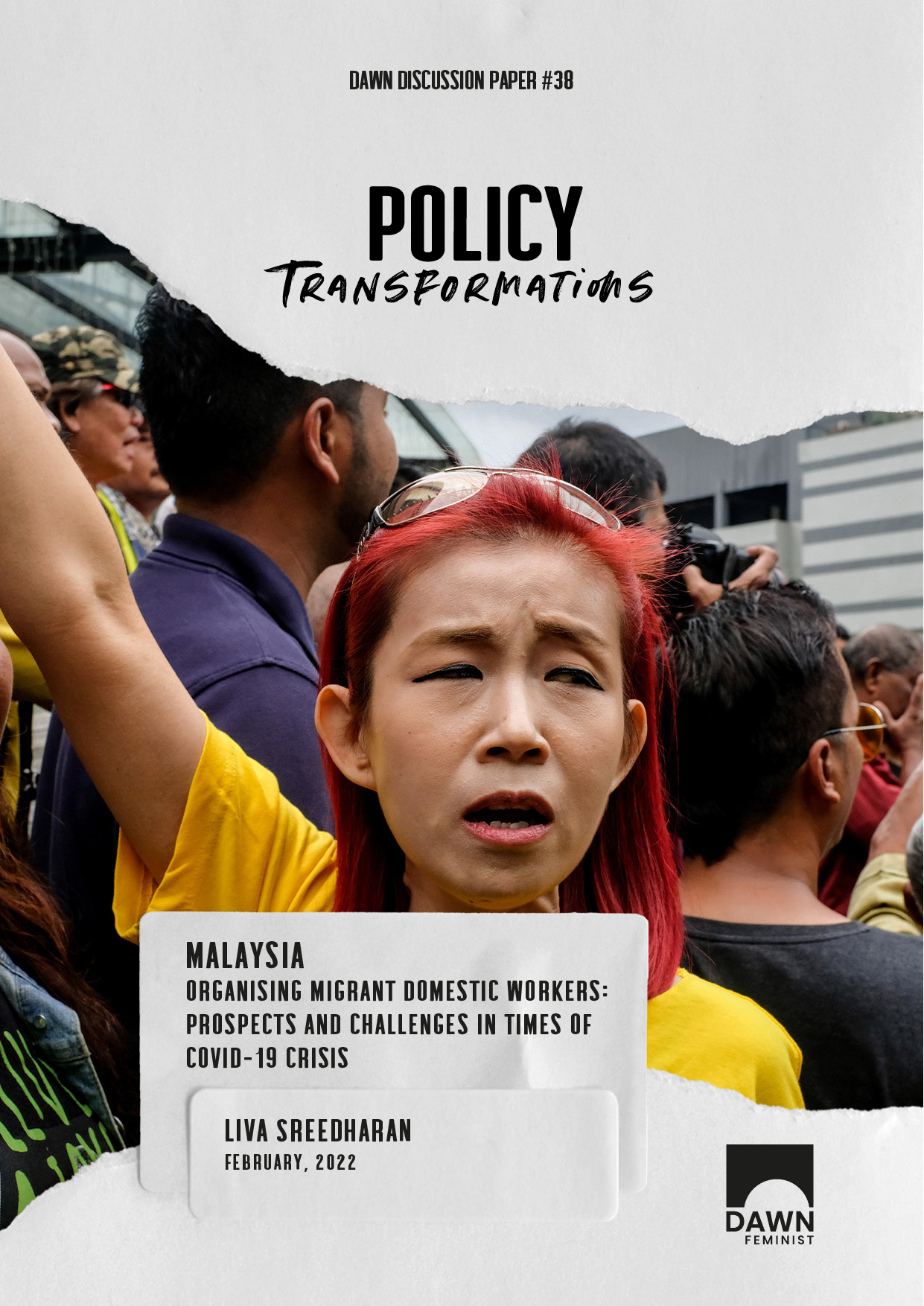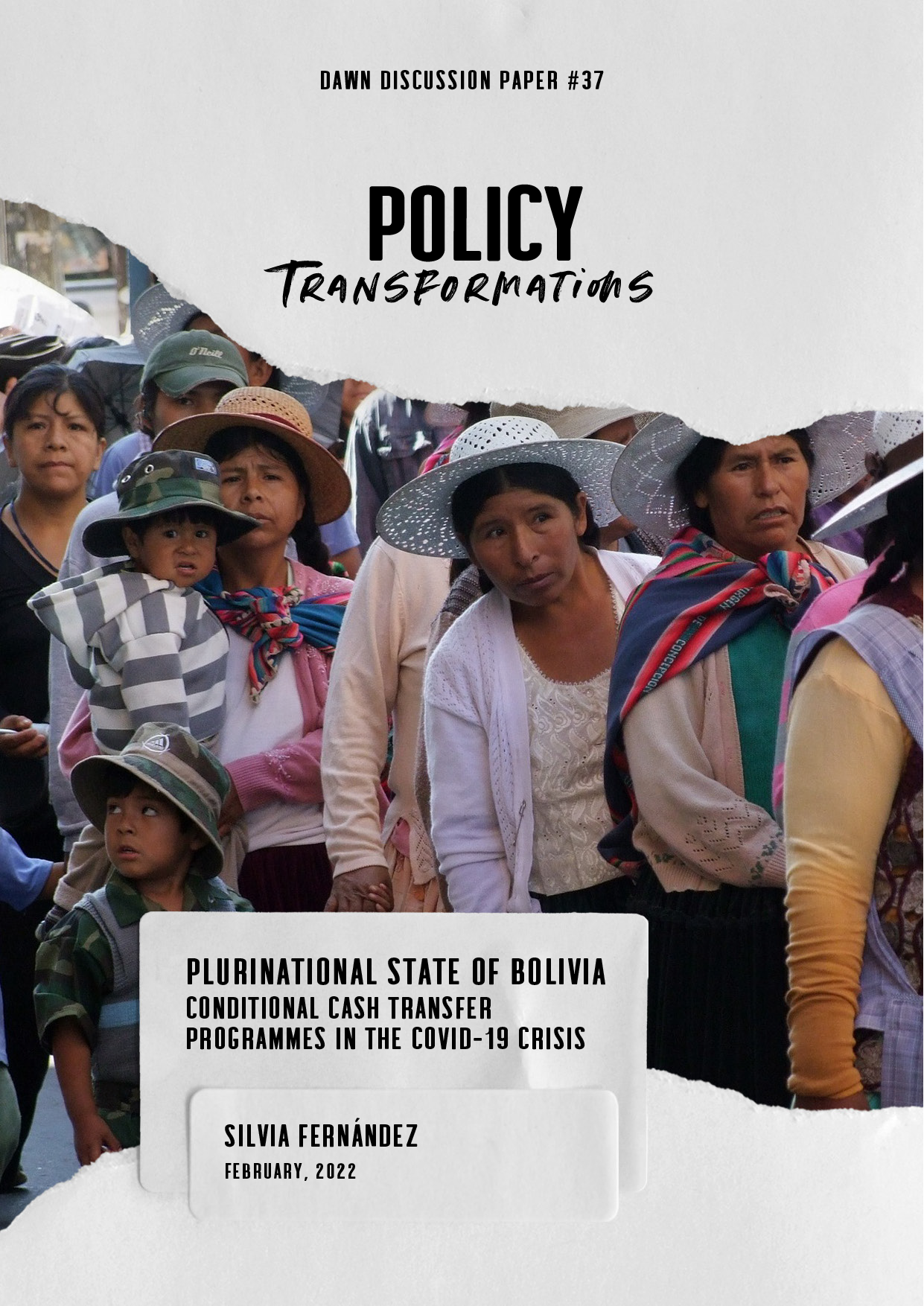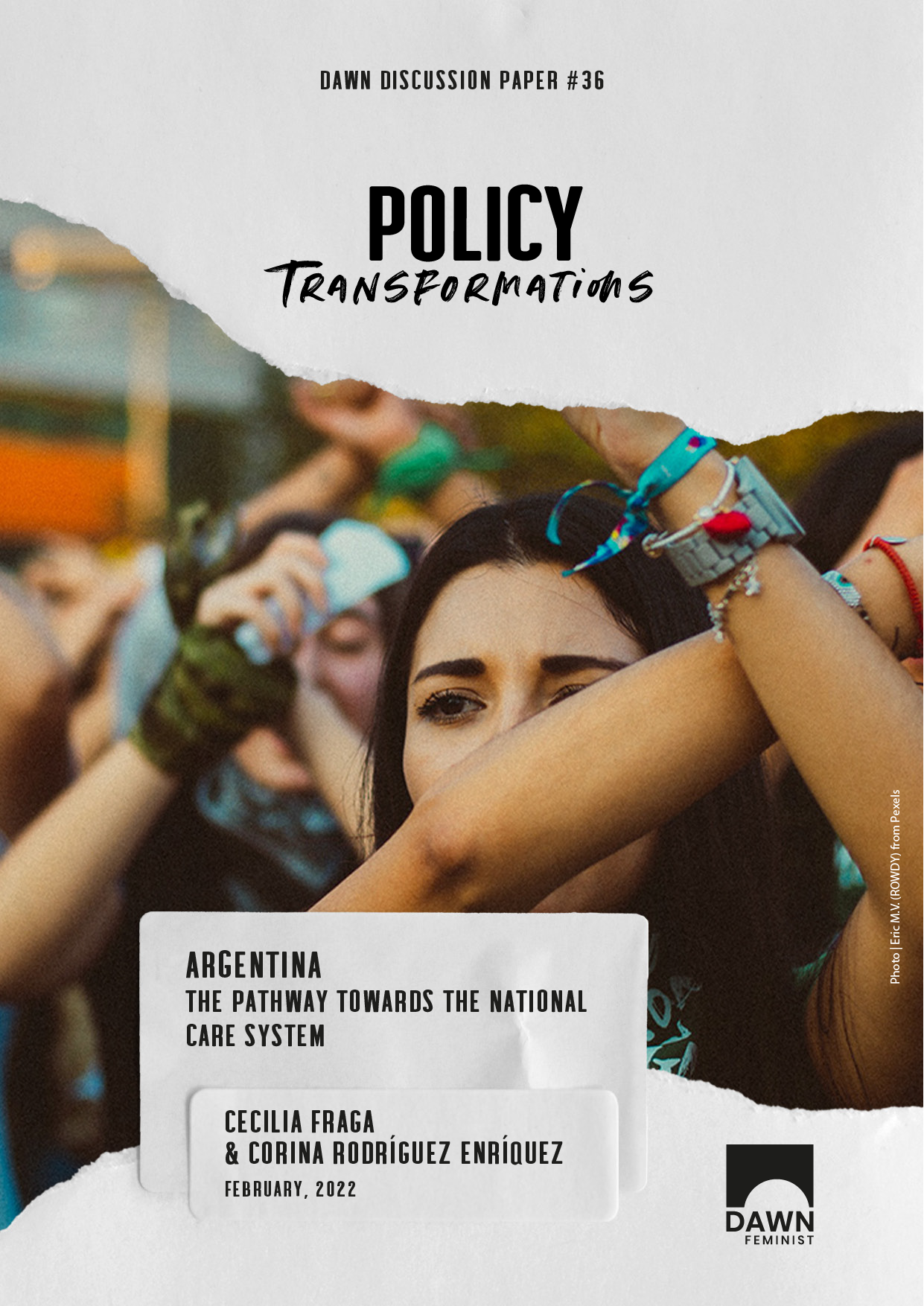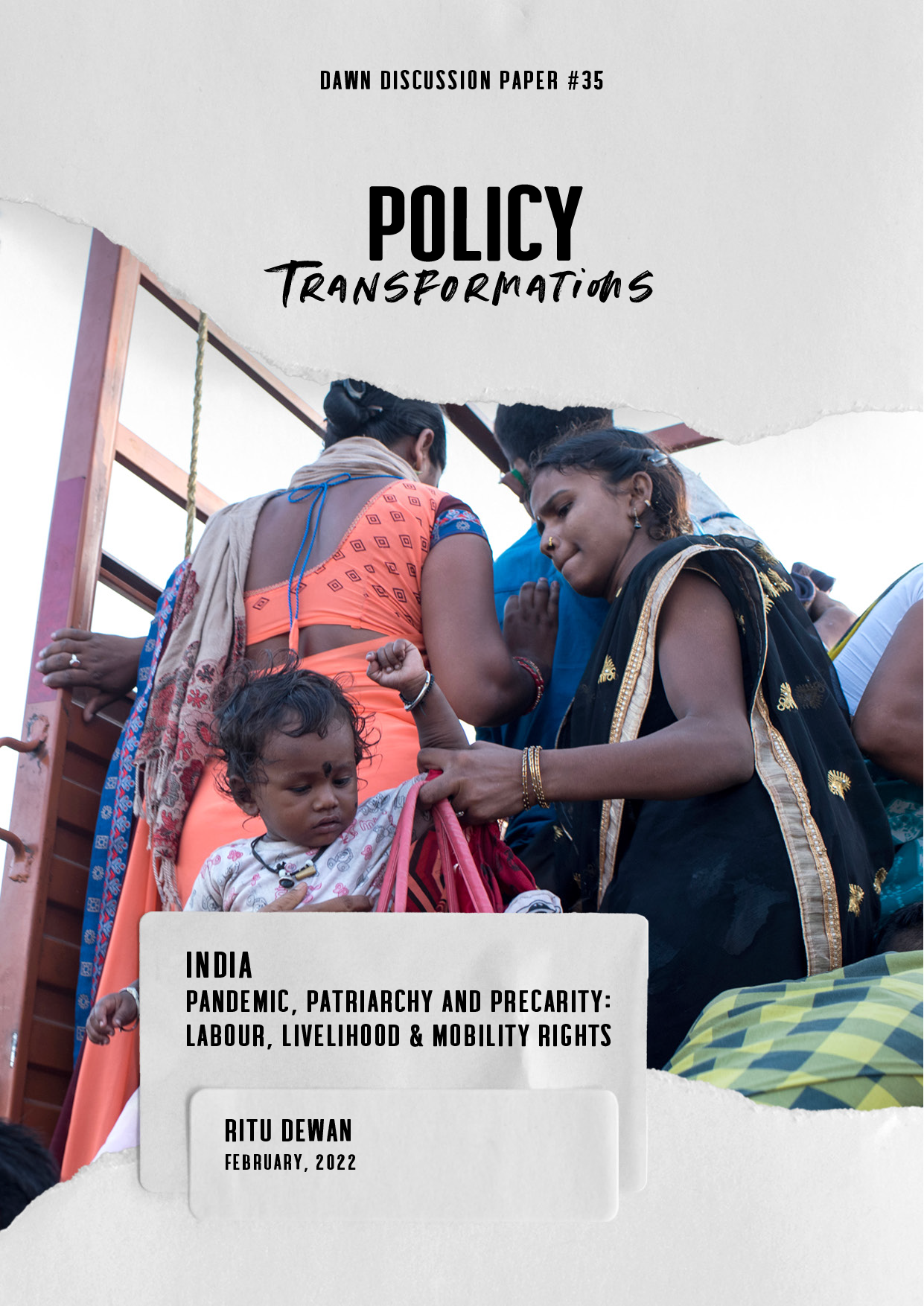The global economic and health crisis resulting from the COVID-19 pandemic has acted as a catalyst exacerbating inequalities within and between countries in the global South and global North. It has also accelerated political and policy changes.
“Policy Transformations in Times of COVID-19” examines the policy shifts that have taken place during this short but intense period, which may be central to redefining normality in the emerging context.
The project closely examines policy changes that took place during the period of exceptionality produced by the pandemic, exploring visions of the future in these four policy areas:

DAWN’s analytical framework for this project utilised an intersectional feminist approach and fostered collective analysis and advocacy that is attentive to what is typical globally and regionally, and what is particular to certain national contexts. The climate crisis, biopolitical control, and digitalisation in all spheres of life are unavoidable backdrops to this work.
We observed policy trends that constitute our working hypotheses and the gradations and nuances in the way these tendencies are reflected in the policies that have emerged during COVID-19:

The pandemic highlighted several economic, social, cultural, health and well-being challenges faced by women. Did governments’ response to the Covid-19 pandemic address these challenges? In many countries, responses and relief measures were inadequate and reinforced social inequalities. In other cases, they hold transformative potential.

“Despite the historical challenges that were documented by all these case studies, there are glimpses of hope that emerge from community organizing and everyday struggle”
Masaya Llavaneras Blanco
DAWN joined with local and regional partners for 4 rounds of webinars open to the public. In in-depth conversations on the policy direction and political responses of countries from across the global South, from Kiribati to Jamaica, authors and DAWN’s project co-leads discussed how these policy transformations gave rise to opportunities for changing the course.

The project has generated regional summaries for Asia-Pacific, Africa, Latin America, and the Caribbean. Click on the button to download the Visual Summary of the corresponding region.

Read the discussion papers that are the basis for the multimedia resources.










